Date de publication : 12 Juin 2020
Auteurs : Hugues Kouassi Kouadio, Romain Kouakou N’Guessan
Abstract
This study examines the relationship between aggregate imports and the individual components of expenditure in Cote d’Ivoire over the period from 1980 to 2017. The autoregressive distributed lag model is used to test and estimate the long and short-run import elasticities with respect to the expenditure components. The study finds evidence of a long-run relationship between aggregate imports, the expenditure components, domestic and import prices. The long-run import demand in Cote d’Ivoire is affected positively by domestic price, negatively by foreign price and positively by all expenditure components except exports which effect is insignificant. Furthermore, there are significant differences in the long and short-run elasticities of imports with respect to the different components of final expenditure. Final consumption expenditure and investment expenditure are among the major determinants of aggregate import demand in the long run. In the short run, all expenditure components are positively related to import growth, with consumption expenditure having the highest effect on import growth. The findings of the study indicate that the use of aggregate expenditure variable in the import demand function leads to aggregation bias because different components of final expenditure have different import contents. We also show that the relative price formulation is inappropriate in estimating import demand function for Cote d’Ivoire.


